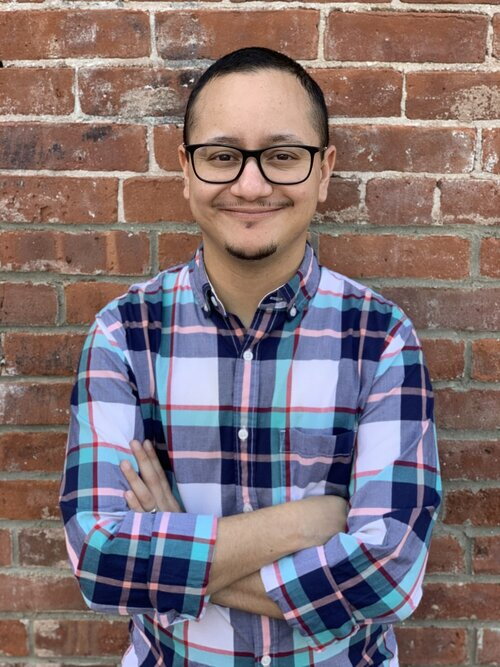
Research Interests
Damian Vergara Bracamontes is a scholar of Latinx studies, critical prison studies, and queer of color critique who focuses on Latinx migration in the twentieth- and twenty-first centuries.
His current project, “The Administration of Illegality and Mexican Migrant Life,” traces the formation and consolidation of illegality in a new phase of prolonged social exclusion and control. Placing government reports and policy briefs in dialogue with migrant narratives, this study foregrounds migrant experiences to describe illegality as a condition that impacts various arenas of everyday life and historicizes how the exclusion and management of the undocumented came to be a “common sense” response at the local, state and federal levels over the course of the last 50 years. In particular, this study privileges the voices of Mexican women and transgender migrants in relation to cis-gendered migrant men to illuminate how race, gender and sexuality mutually constitute experiences of illegality.
Awards and Honors
For 2022-2023 Damian will be an HRI faculty fellow.
Damian was listed as Teachers Ranked Excellent for 2021.
In 2019 Damian was awarded the Public Scholar award by Yale University in recognition of his academic research’s concrete impact on society at large and his engagement with local communities and policy makers.
Courses Taught
- GWS 395/LLS Policing Latinx (Im)migrant Communities
- GWS Queer Lives, Queer Politics
- GWS/Hist 387 History of Sexuality
- GWS 201 Race, Gender, Power
Additional Campus Affiliations
Assistant Professor, Gender and Women's Studies
Assistant Professor, Latina/Latino Studies
Assistant Professor, Unit for Criticism and Interpretive Theory
Assistant Professor, Center for Latin American and Caribbean Studies
Assistant Professor, Center for the Study of Global Gender Equity
Honors & Awards
For 2022-2023 Damian will be an HRI faculty fellow.
Damian was listed as Teachers Ranked Excellent for 2021.
In 2019 Damian was awarded the Public Scholar award by Yale University in recognition of his academic research’s concrete impact on society at large and his engagement with local communities and policy makers.
Recent Publications
Bracamontes, D. V. (2022). Migrant Insubordination: Politicizing Detention through Queer Migrant Kinship. Ethnic Studies Review, 45(1), 3-22. https://doi.org/10.1525/esr.2022.45.1.3